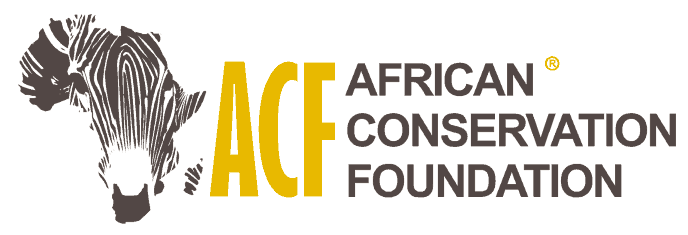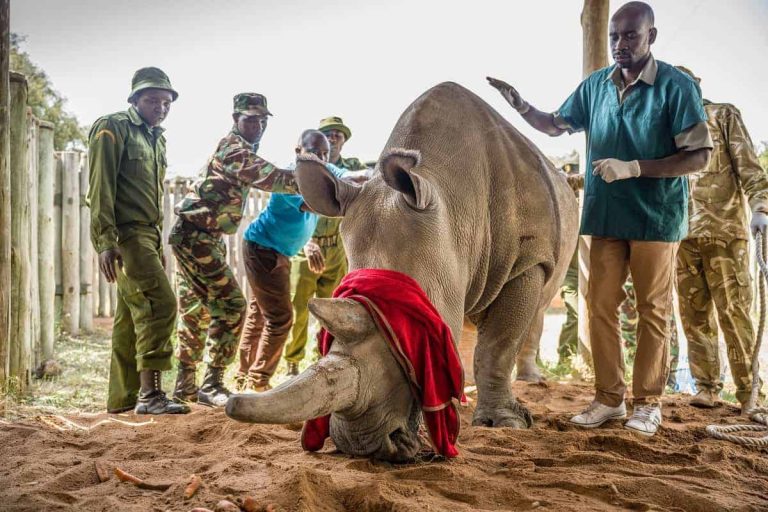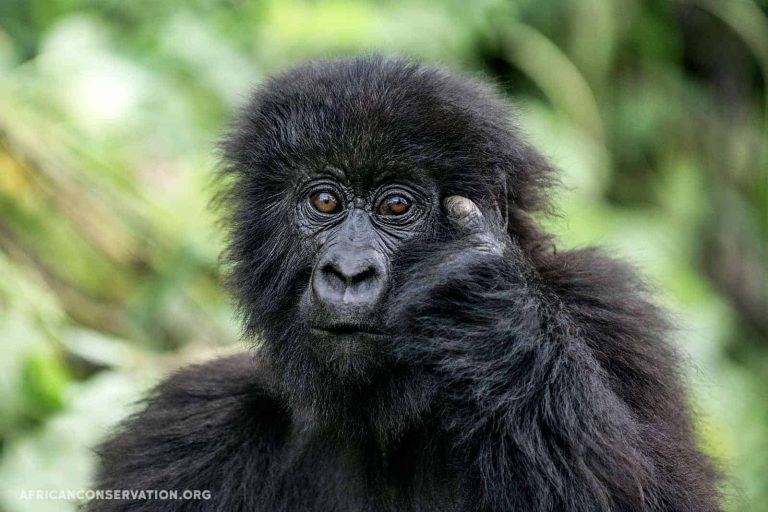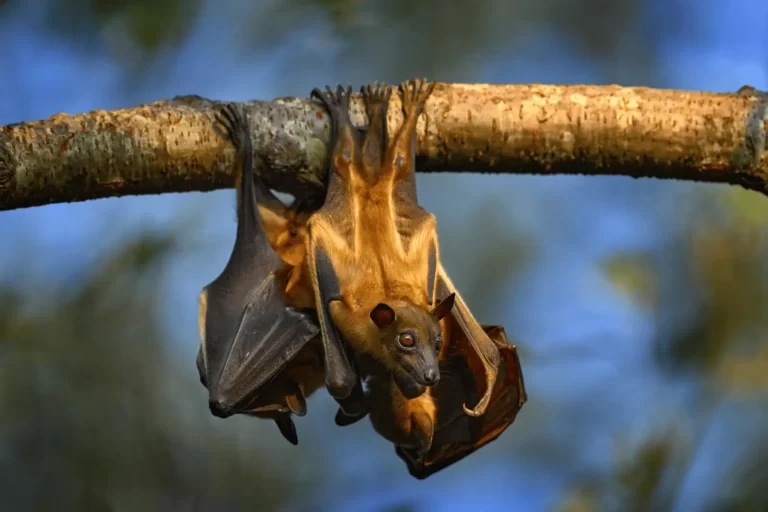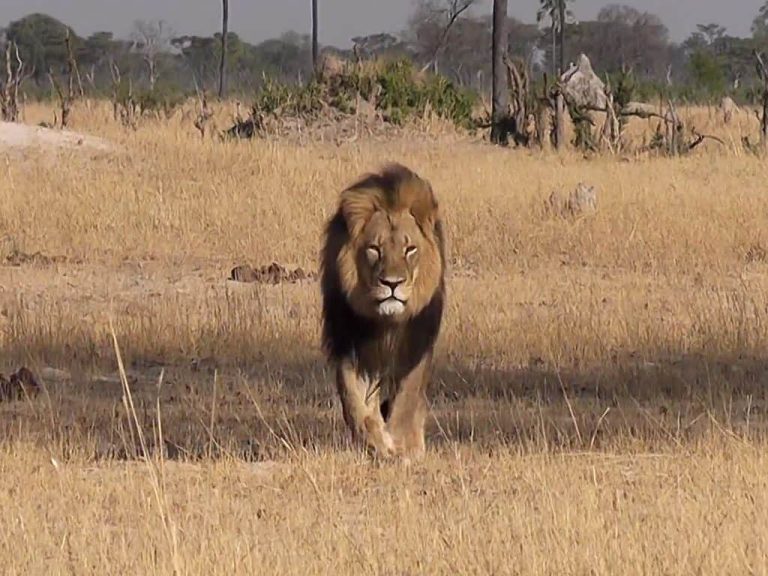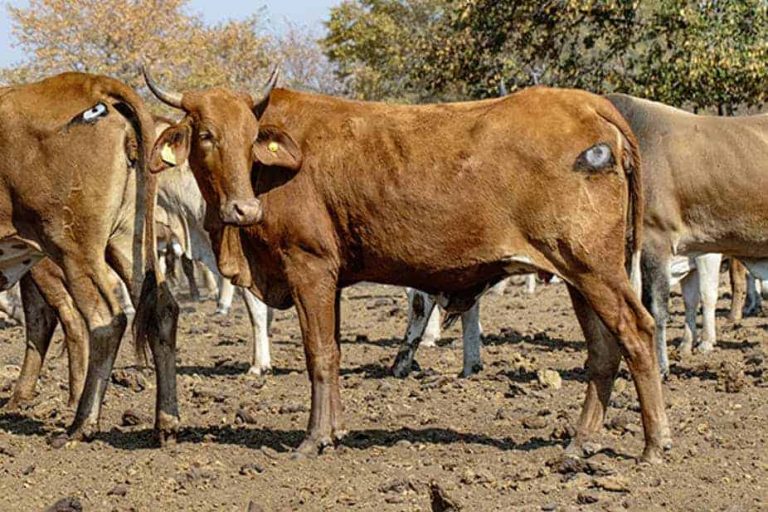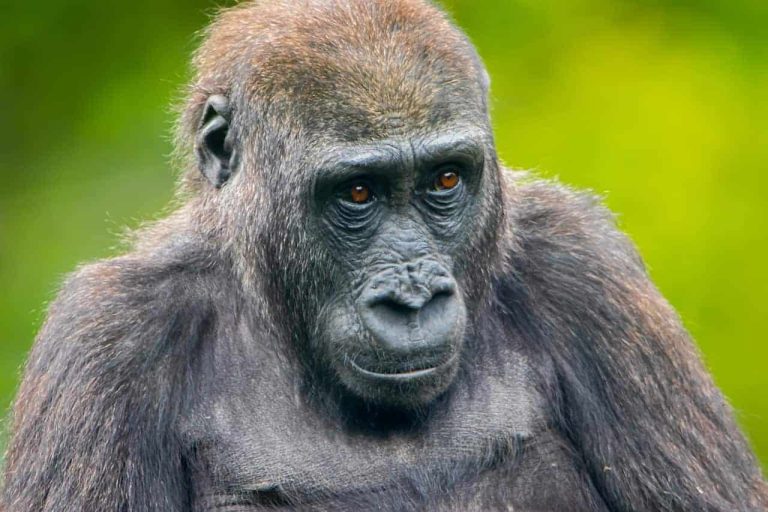African wildcats under threat of hybridization by domestic and stray cats
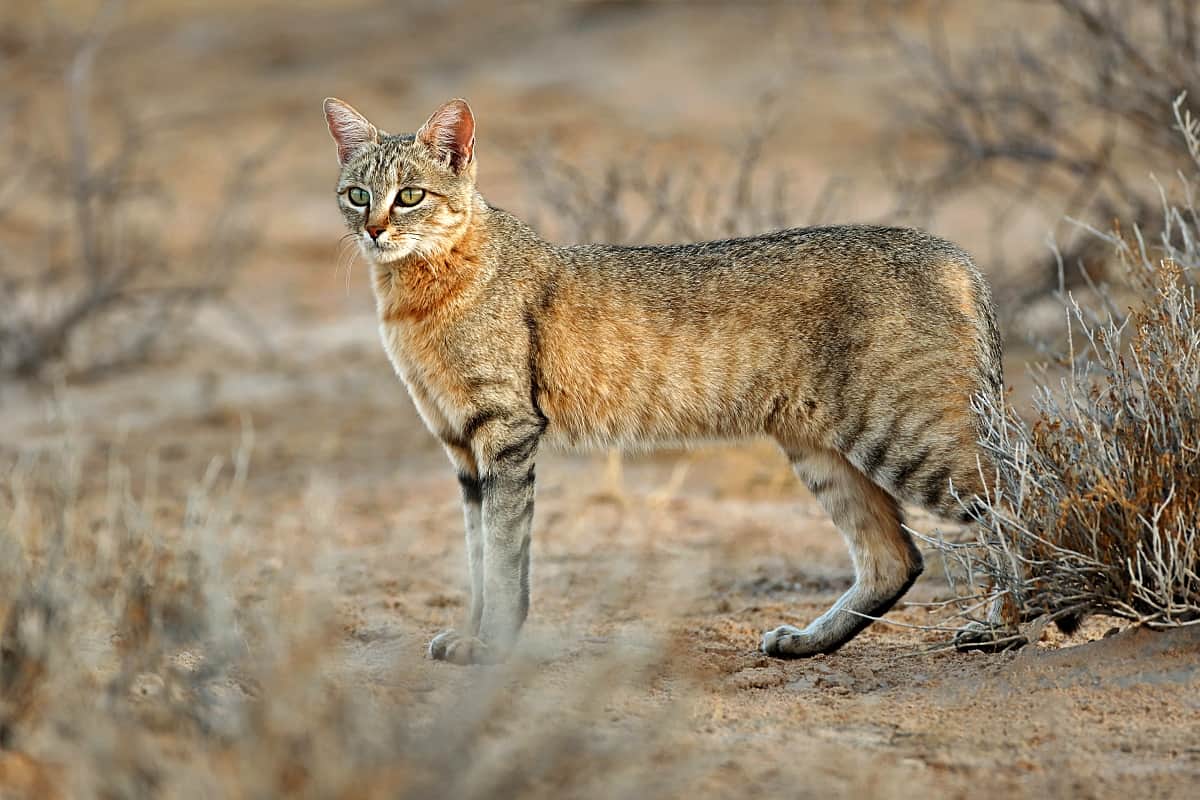
Alley Cat Rescue Protects African wildcats in Kruger National Park through TNR.
Six hundred free-roaming cats have been sterilized and vaccinated by Alley Cat Rescue‘s international partnership to protect African wildcats in South Africa. The project aims to protect vulnerable populations of genetically pure African wildcats (AWCs) from hybridization by sterilizing free-roaming domestic and stray cats who live around their habitat in Kruger National Park.
The project has received generous support from the Ayers Wild Cat Conservation Fund, a foundation run by Helaine and Jon Ayers. Jon Ayers is the CEO of IDEXX Laboratories, a multi-national company that produces products and services for various animal-related applications.
The effort, spearheaded by Alley Cat Rescue (ACR), is bringing South Africa-based rescue and cat advocacy groups together around a common goal. With the support of local veterinarians and scientists, domestic cats from the targeted border areas will receive health exams and rabies vaccinations, as well as will be spayed or neutered. The park’s borders in South Africa are where AWCs and domestic cats from nearby urban and settled areas most often come into contact.
Safeguarding the genetic integrity of the wild cat is supported by Invasive Species Specialist Dr. Llewellyn Foxcroft, who said, “Outside the park, one option is to try to capture, neuter and return feral cats.”
Dr. Foxcroft explains, “The reasoning here is that if a cat is removed, another will fill its home range and thus the problem is not solved. However, by returning cats which cannot breed, the home range is maintained and other cats are naturally excluded from the territory.” This approach is, however, resource intensive. ACR is working to build the infrastructure and revenue stream needed to ensure that the program will be ongoing.
ACR is using the Trap-Neuter-Return (TNR) method to capture, treat, then return the cats to their territory. TNR is widely practiced in the U.S. and abroad and is known as the safest and most humane way to manage populations of outdoor cats.
“The African wildcat is the ancestor of our domestic cats, the one who started our modern love affair with cats,” said Louise Holton, President of Alley Cat Rescue and a native of South Africa. “Small wildcats around the world are threatened by numerous factors, including habitat loss, hunting, and interbreeding. With so much environmental change happening, it’s important we do everything in our power to protect biodiversity right now,” Holton continued.
For the multi-year project, Alley Cat Rescue will be participating in the efforts in South Africa. ACR is currently looking for additional support for the project. A similar strategy is taking place in Scotland to help the endangered Scottish wildcat.
The African wildcat (Felis lybica) lives throughout the continent of Africa and in parts of Asia and the Middle East. They are currently listed on Appendix II of the Convention on International Trade in Endangered Species of Wild Fauna and Flora, an international agreement among countries to protect threatened and endangered species. African wildcats are not immediately threatened with extinction, but do need protection in order to ensure their survival.
SOURCE: Alley Cat Rescue
